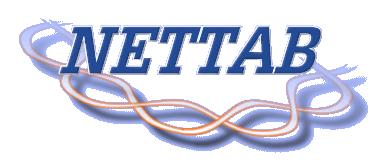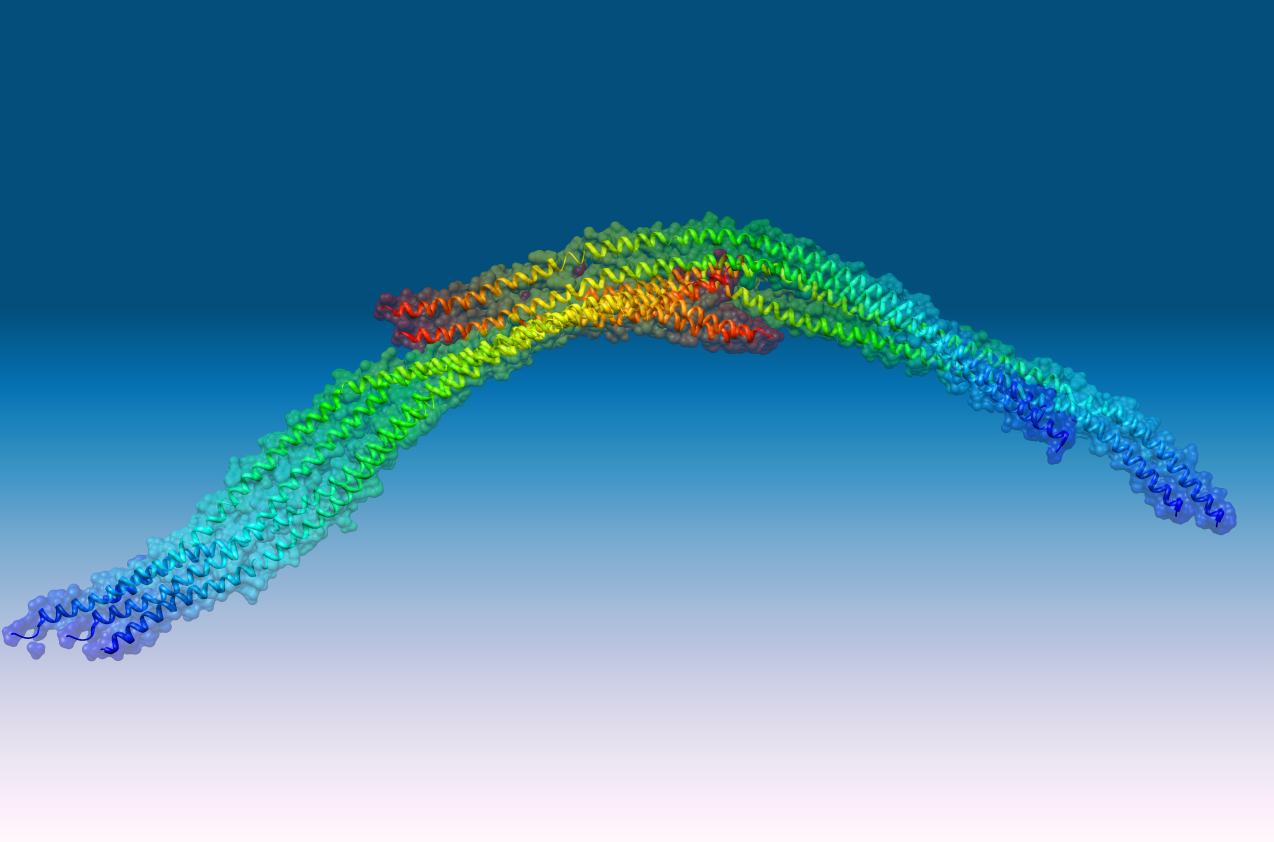A “Train-the-trainer” tutorial will be given on Monday October 24, 2016.
It will be jointly organized by GOBLET and ELIXIR-ITA.
It will be jointly organized by GOBLET and ELIXIR-ITA.
Please note that a ELIXIR Hacktahon will be held in parallel on the same day. See the Hackathon description.
Registration
You can register for the tutorial by using either the registration form for the workshop or for the Education & Training Session. If you want to register for the tutorial ONLY, you must send an email to stella@meeting-planner.it or to Allegra Via (a.via@ibbe.cnr.it). Please note that a maximum of 20 attendees will be accepted. Participation is free, but priority will be given to participants in the workshop.
You can register for the tutorial by using either the registration form for the workshop or for the Education & Training Session. If you want to register for the tutorial ONLY, you must send an email to stella@meeting-planner.it or to Allegra Via (a.via@ibbe.cnr.it). Please note that a maximum of 20 attendees will be accepted. Participation is free, but priority will be given to participants in the workshop.
Instructors
Sarah Morgan, Allegra Via, Pedro Fernandes
| Time | Activity |
| 10.00 – 10.30 | Introductions, who is who and what we need to achieve |
| 10.30 – 12.00 | Session 1: Review of learning principles and how they apply to training
|
| 12.00 – 13.30 | Session 2: Training techniques that can be used to enhance learner engagement and participation
|
| 13.30 – 14.30 | Lunch |
| 14.30 – 16.30 | Session 3: Session, course, and materials design
|
| 16.30 – 18.30 | Session 4: Assessment and feedback in training
|
| 18.30 – 19.00 | Wrap-up |












[…] from all over Europe who are involved in training and the organisation of training. Hence, a GOBLET/ELIXIR-Italy Train the Trainer workshop took place and the ELIXIR Training Coordinators came together. The NETTAB conference also featured […]